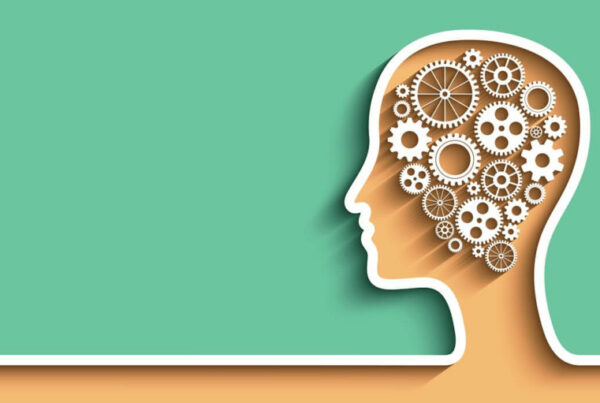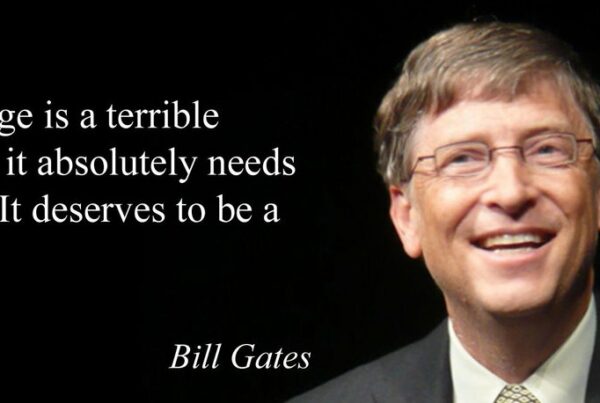Blockchains are enabled by computer science and advanced mathematics, coming in different configurations ranging from public networks to private blockchains. The technology is specifically useful for tracking and monitoring of products and the current of information, services, and money.
Blockchain contributes to companies’ environments of operational efficiencies and enhanced customer experience. Here are further use case and research examples:
- Business-centric use cases of blockchain technology focus on improvements around security, traceability, and innovation of financial transactions or products/goods.
- Cargill and a top 10 global bank worked together to complete a trade-finance deal, taking advantage of a single, shared blockchain-enabled technology to simplify, secure and speed up the payment process.
- Consumer-centric use cases are illuminated by better access, whether through product information and knowledge, aftercare services, payments, and protections, or loyalty programs.
- Coca-Cola used blockchain technology to create a secure registry for coordinating workers and labor deployment worldwide, resulting in around hiring transparency for fair and equitable wages.
I read the article mentioned above (https://www2.deloitte.com/insights/us/en/industry/retail-distribution/disruptive-digital-technologies-blockchain-potential.html) and thought it was interesting. While I am not offering an endorsement of a strategy, tactics, thoughts, service nor a company or author, the information was intellectually stimulating and thoughtful and worth a review.








